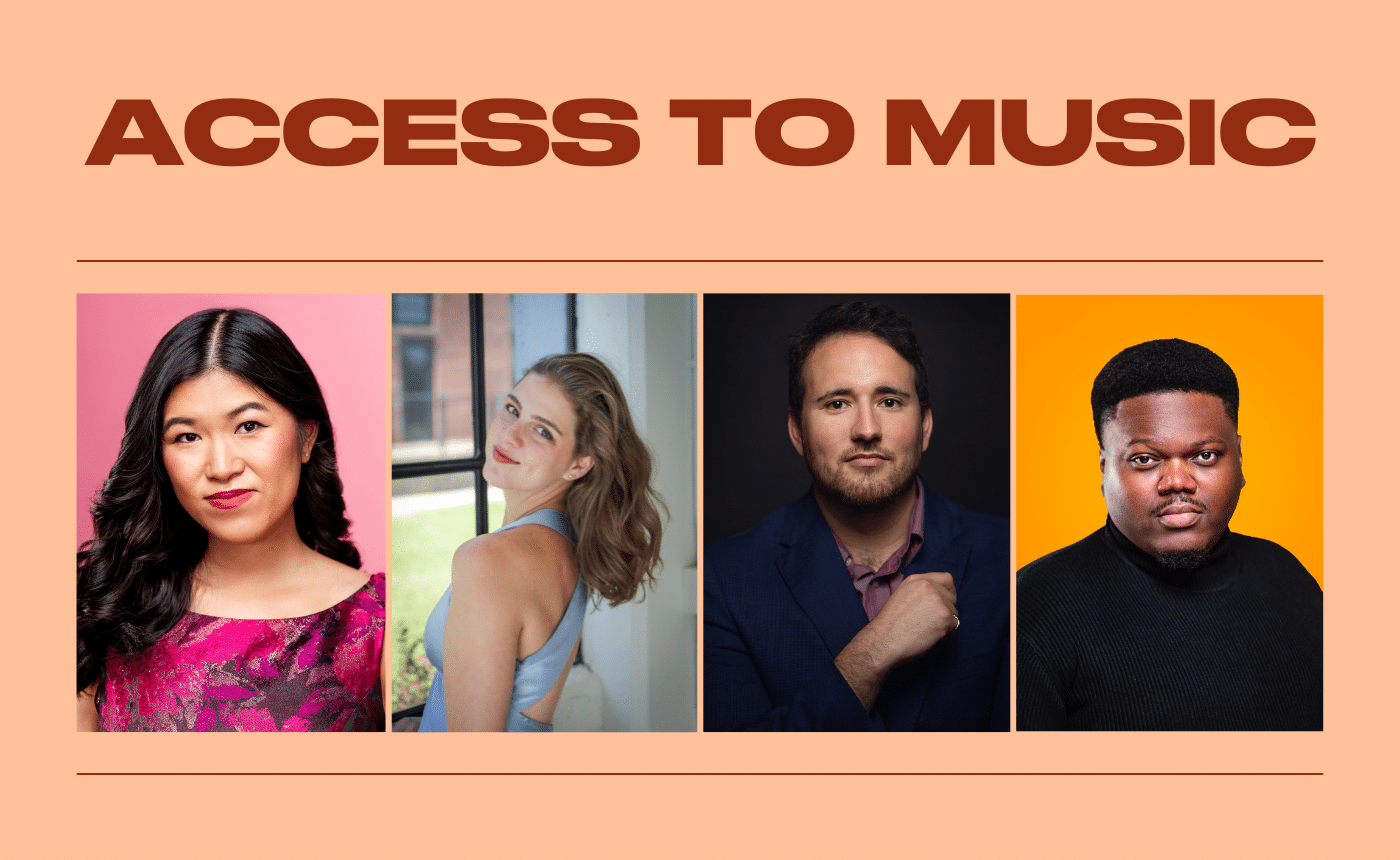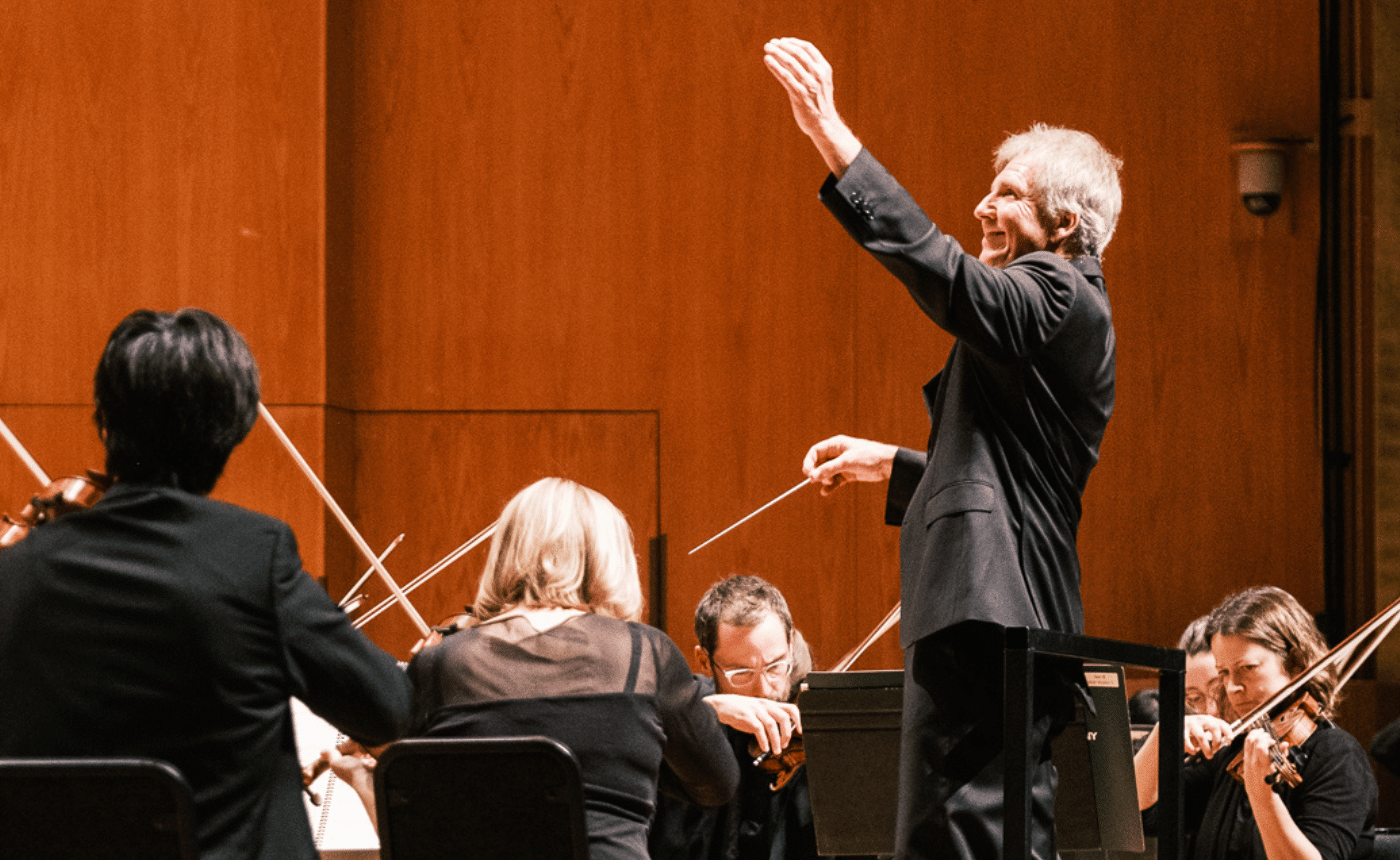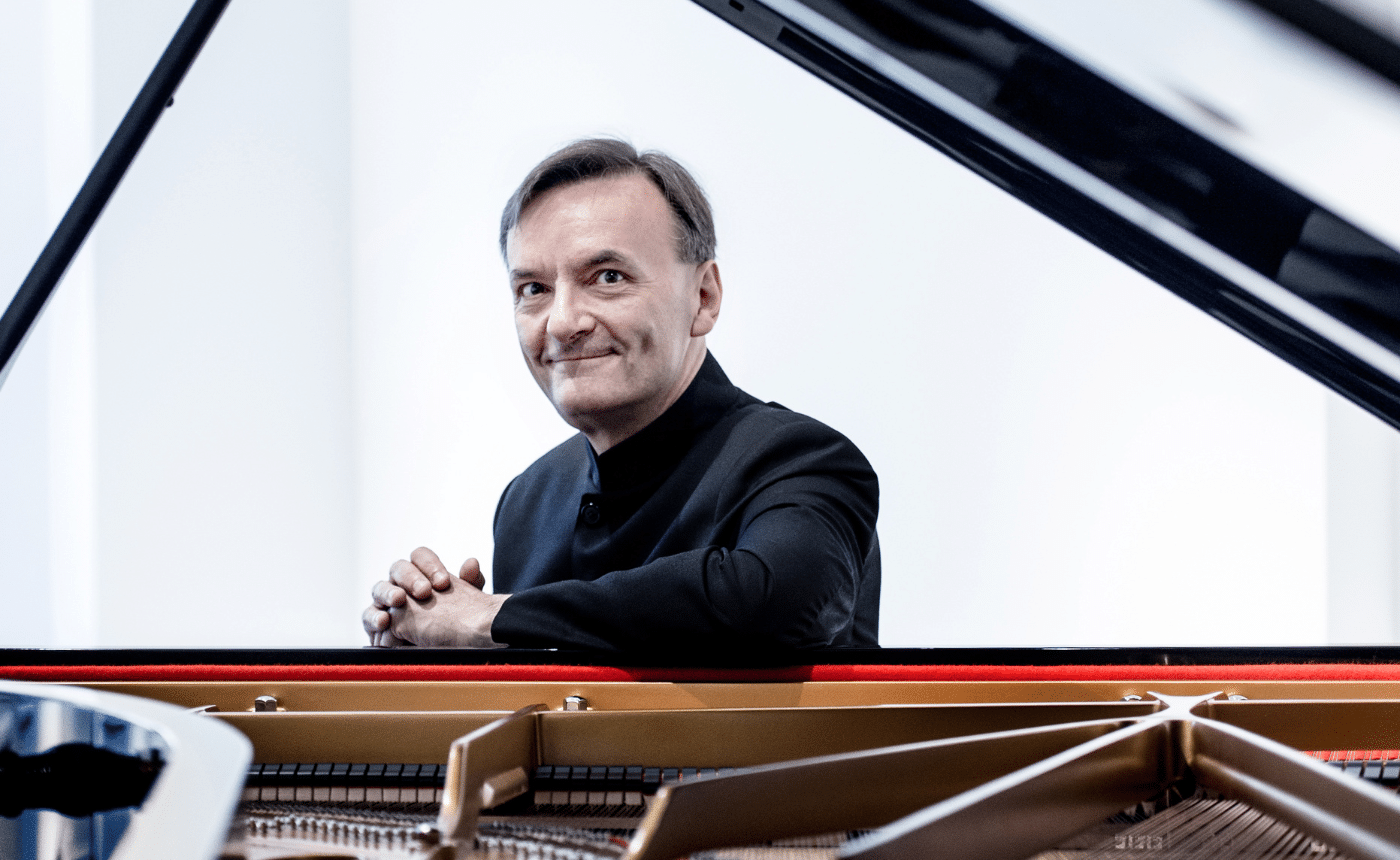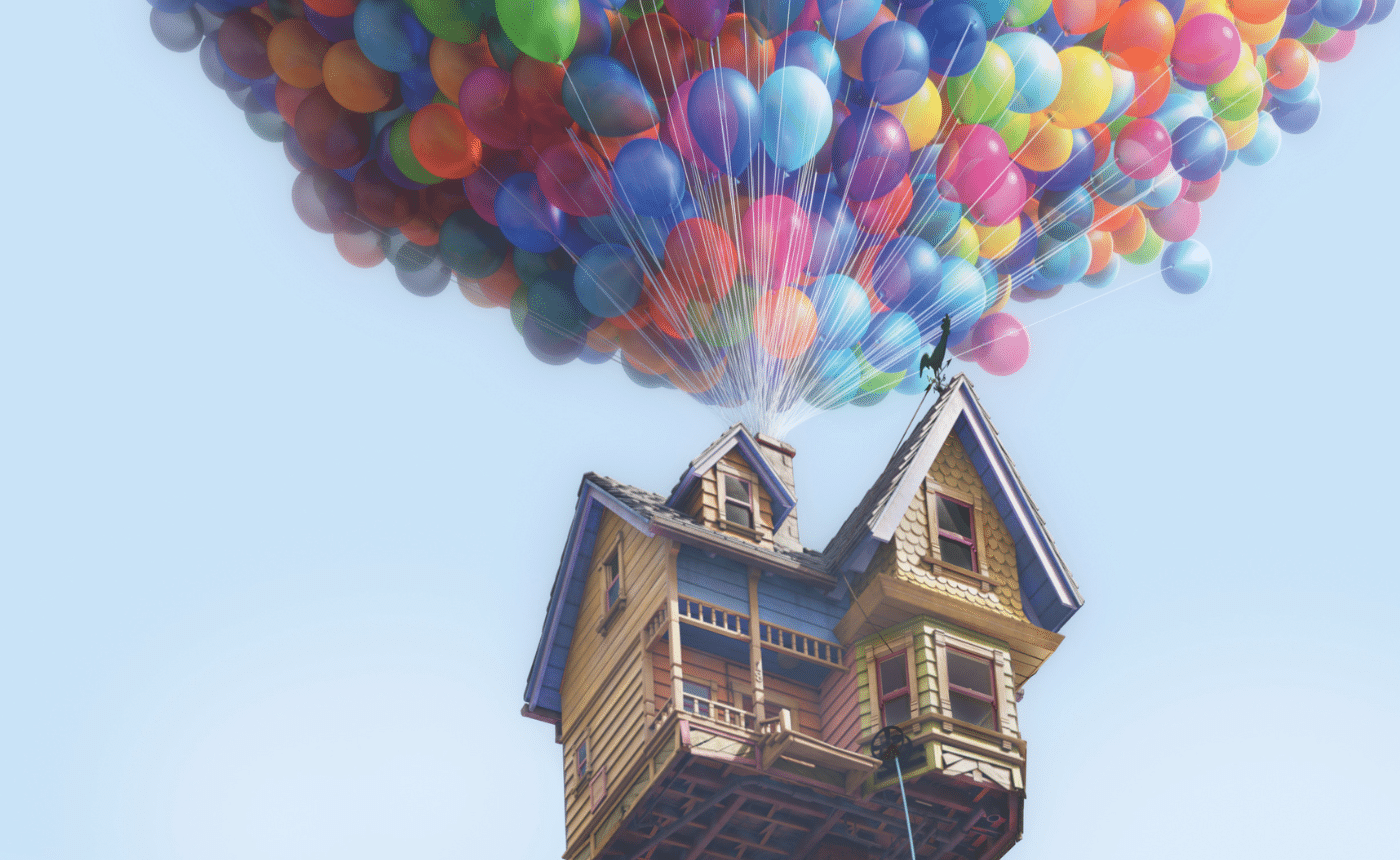Getting to Know New Utah Symphony Music Director Thierry Fischer

1. Where are you from/raised?
- Swiss.
- Zambia—Africa born.
- Went to school in Zambia, Ivory Coast, and then Switzerland
- Musical education in Geneva, then Germany, Moscow
2. Where do you currently live? Geneva, with my family and kids
3. What is your musical background?
Flute player in Geneva. I had several jobs in Humbola, Zurich, Munich, London. Spent 10 years as principal flutist in a chamber orchestra in Southern Europe
4. Do you have a favorite piece to play as a flutist?
I don’t play the flute any more, I stopped some years ago, all of a sudden, like an addicted heavy smoker… from one day to the other, but when I was a player, music by Bach has always been (and still is) the highest inspiration.
5. How did you become a conductor?
By accident. Never really thought of conducting until replacing a sick conductor. Did one performance for him, and then got a job to conduct in Switzerland. My first real job was in Holland, Amsterdam, and BBC Wales—where I am currently.
6. Where/when did you study conducting?
I am a self-taught person… but was very influenced by Harnoncourt and Abbado, when I was a flute player, playing for them…
7. Who is your favorite conductor?
All the conductors who can do things I can’t… so many conductors….
8. Who is your favorite composer?
Always the composer I am studying at the moment… so just for this week it is Shostakovitch!
9. Do you listen to historical recordings when you prepare a new piece to conduct? Which conductors do you typically listen to?
I almost never listen to recordings to prepare, so if I do, I always try to find an interpretation done by old legendary maestri….
10. Do you have a favorite piece to conduct?
Same answer as before, this week it is Shostakovitch Symphony No 10, the week after will be Schubert “Tragic Symphony” etc… etc…
11. Why are you interested in the Utah Symphony?
A reputation is going to be built. It’s presumptuous to leave a legacy before starting, but the idea is to leave a very creative group of musicians interested in creating something big every week. It’s a huge challenge to move and motivate this massive group, bring energy to the orchestra and make them interested in all types of repertoire.
12. What is your vision for the Utah Symphony? What do you hope to accomplish here?
Alive. Interested. Passionate. Involved. Creative. You can add many things, not only in programming, but the way to look at education and in lifting hope of the community. A new MD is hope, new energy and a new way of looking at things. I can bring a lot to the orchestra and they can bring a lot to me. The combined energy will create an unbeatable team—raising our level of performing. I want to bring new energy back—and share that with as many people, otherwise there’s no sense. The whole is fantastic.
If there is one area where there are no limits, it is sound. We will raise our passion and way of sitting on chairs. We will be working on sounds—passion is to work on clarity, enlightening the sound. Believe in the power and the energy of sounds. In comparing sound with wind—if you walk out to the wind, you smile, feel and perceive all emotions differently. There’s a different way of hoping and thinking after a walk in the wind. Music is the same. Even with today’s technology, nothing can replace live music, the specific moment in a concert hall when you feel this energy and how important live music is for us in general.
I will also focus on French composers: Bréval, Debussy; classical composers: Beethoven and definitely Haydn—he’s the father of classical music. Any orchestra that can play Haydn can play anything very well. I will also focus on Charles Ives, Anton Bruckner, and Stravinsky.
I want like to record as much as possible—my strongest intention is to record. Recording is an artistic image and way to attract more conductors to use the Utah Symphony. I would also like Utah Symphony to start commissioning. An orchestra has a mission to create and to help active listening. I’ll try to put in a few surprises. The orchestra not only a museum, but a modern art museum.
13. What excites you about being in Salt Lake City?
We feel very much at home in Utah as in Switzerland. The immensity of Salt Lake is bigger. Like where Utah is big and close to the coast. Love being in the nature. Feel very good in the city. My wife and I went hiking and used time to imagine ourselves as much as we could in the city. I am an avid skier—doesn’t hurt at all that the mountains are close to the city! I also run 3-4 times a week and can do it here.
In Salt Lake, there is something ready to start and you just need put the right natures and energies in the same line and things will develop. In America (course it’s a cliché), it’s an American dream that everything is possible—with a strong concept, you can move mountains, and with the energy in Utah in particular. Being a director in America is something I have wanted to happen in my life. The opportunity in Utah came at exactly the right time.
14. What are your non-musical hobbies? Being with my family, having dinners with friends, going to our house in South of France, watching Roger Federer and the football in general on TV, trying to finish the books I am starting, and definitely finishing the runs I try to do three times a week (except the two upcoming weeks in Utah… too busy!….)
See Thierry Fischer in action January 29 – 30! Brahms’ Violin Concerto and Shostakovich’s Symphony No. 10 will be on the program.
Learn even more about Thierry Fischer here.












